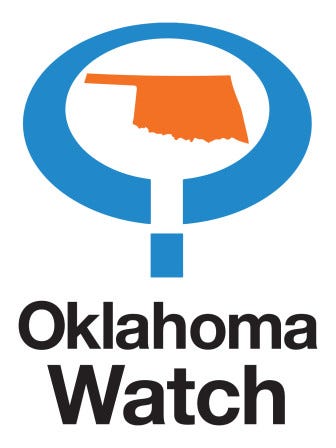As the November 5 election approached, Oklahoma legislative candidates reported raising nearly $3 million, predominantly for contested races in suburban regions of Oklahoma City and Tulsa. The financial activity was heightened by the engagement of dark money organizations, which contributed significant resources aimed at influencing public opinion regarding two state questions and three judicial retention races. The deadline for candidates to file their pre-election campaign finance reports, encompassing contributions and expenditures from August 13 to October 21, had passed, marking the final opportunity for candidates to disclose their financial activities ahead of the election unless they received large contributions or donations thereafter.
The suburban races have emerged as critical battlegrounds, drawing substantial funding in a climate where registered independent and Democratic voters are rapidly approaching the numbers of their Republican counterparts. Notably, the race for Senate District 47 in northwest Oklahoma City and Edmond, where Republican Kelly Hines and Democrat Erin Brewer are vying for the seat of the term-limited Senate Pro Tem Greg Treat, has garnered the highest financial backing. With both candidates raising $235,000 during the designated reporting period, their focus on educational issues has intensified, particularly regarding their support for state schools superintendent Ryan Walters, who resides in the district. The voter registration dynamics in this area show a significant shift, with a majority of registered voters now categorized as Democrats or independents.
In the fundraising landscape, while Republicans generally enjoyed a dominant position in campaign finance, noticeable challenges emerged in various districts. For instance, in House District 100, Democrat Chauntee Gilmore raised $61,425, significantly outpacing incumbent Republican Marilyn Stark’s $35,140. This trend of increasing Democratic registration in districts like House District 100, which contradicts the overall decline seen statewide, highlights the changing political landscape. Incumbent Rep. Suzanne Schreiber in House District 70 emerged as a top fundraiser among state House candidates, securing $139,686 in contributions, emphasizing the competitive spirit of this election cycle.
Parallel to candidate fundraising, external spending by nonprofit organizations with minimal donor disclosure has surged, primarily targeting a generally uncontroversial retention vote for Oklahoma Supreme Court justices. The ‘People for Opportunity’ PAC, associated with the Oklahoma Council of Public Affairs, invested over $1.2 million in outreach aimed against retaining justices Yvonne Kauger, James Edmondson, and Noma Gurich, who were appointed by Democratic governors. Meanwhile, the dark money group 46 Action, closely linked to Governor Kevin Stitt, allocated $447,507 on television ads opposing the justices. In contrast, groups advocating for their retention, such as Protect Our Freedoms LLC, outspent opposition efforts by contributing a combined total of $1.58 million toward their campaign.
Amid these external influences, supporters of State Question 833, which intends to permit municipal public infrastructure districts, made substantial February push, reporting expenditures of $534,605 on television and digital advertisements. Their campaign promoted the notion that rejecting the proposal would result in significant developmental losses for the state, emphasizing competition with larger urban centers like Dallas and Kansas City. In contrast, State Question 834, which aims to prohibit noncitizen voting in state and municipal elections, had not reported any accompanying financial activity, reflecting a lack of organized opposition or support at that time.
To further bolster their party members in contested races, several incumbents, who largely benefited from uncontested elections, directed financial support toward competitive initiatives. An audit of Ethics Commission records revealed that from August 29 to October 29, candidates contributed a total of $225,000 from their campaign accounts to assist fellow party candidates. Speaker-designate Kyle Hilbert contributed $42,200 to Republican counterparts, while House Minority Leader Cyndi Munson donated $26,100 to support ten Democratic candidates, illustrating an active effort to influence outcomes in pivotal races ahead of the election. Such transfers highlight the collaborative strategies among incumbents within the state’s political framework, as they navigate a charged and competitive political environment.

